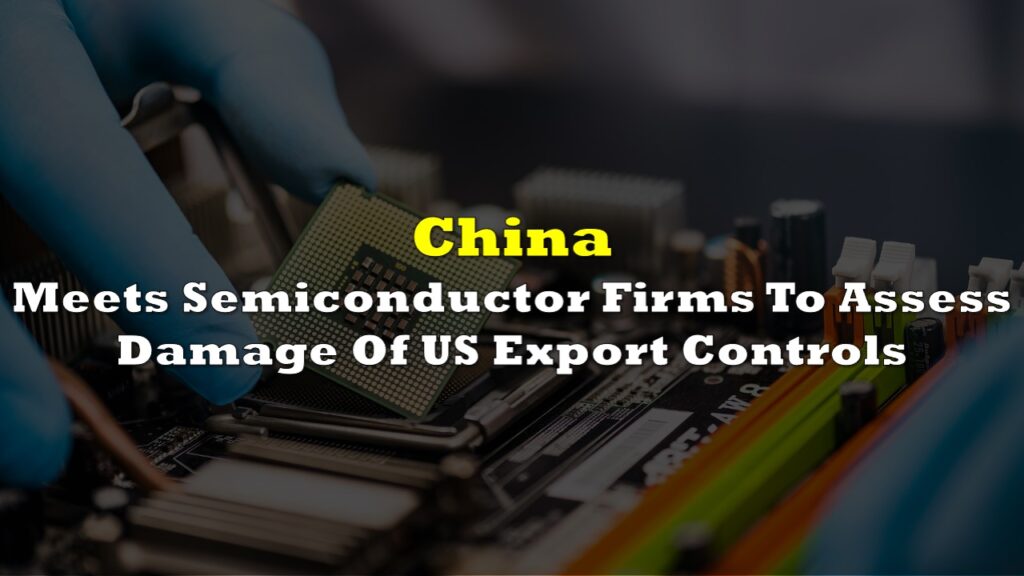The struggle to produce sufficient semiconductors for a world that has seemingly insatiable demand from manufacturers of vehicles, cell phones, and all manner of electronic equipment continues. Heretofore unknown parts of the supply chain are being stressed. Recently, neon gas, a gas used in the etching of chips, has been in short supply because much of it is produced in war-torn Ukraine.
Now, it has been reported that production of PFAS (perfluoroalkyl and polyfluoroalkyl substances), a water-resistant chemical used as a coolant in the chip etching process, is in short supply as well. PFAS is also used in, among other things, anti-reflective coatings, drying and cleaning fluids, gaskets, and filters.
There are apparently no real alternatives for PFAS in the semiconductor manufacturing process. Because of the strong, stable chemical bond formed between carbon and fluorine atoms, PFAS chemicals are heat resistant, water-repellant, and nearly indestructible. This combination of attributes is very hard to duplicate. (Unfortunately, PFAS’s unique properties also prevent it from breaking down in the environment. This has negative consequences.)
About 90% of the PFAS produced on a worldwide basis is manufactured by 3M Company (NYSE: MMM), and almost all of that stems from a single 3M plant in Zwijndrecht, Belgium (3M has four other smaller PFAS manufacturing plants in Germany and in the U.S. states of Alabama, Illinois and Minnesota). Another chemical company headquartered in Belgium called Solvay produces the other 10% of the world’s PFAS in a plant located in Italy.
3M has been forced to drastically curtail PFAS production in Belgium based on that country’s March 2022 decision to tighten emissions standards. This tightening in turn stemmed from studies last fall which showed elevated PFAS levels in the blood of people living near the plant. In its defense, 3M claims that the blood tests showed high levels of PFAS chemicals that it no longer produces; it now manufactures PFAS chemicals which don’t have the same negative health effects.
In late March 2022, 3M agreed to spend about 150 million euros (~US$163 million) to remediate its PFAS-related wastewater discharge issues at the Belgian plant. Belgium officials must still approve modifications to its discharge permit.
It is unclear when Belgian officials will decide if 3M’s remediation efforts are sufficient. Presumably, political considerations will play a key role in this time frame, as most of the PFAS is shipped to chipmaking operations located outside of Belgium. In the meantime, a shortage of this chemical could be cited as a reason that various electronic products are in short supply.
Information for this briefing was found via Edgar and the companies mentioned. The author has no securities or affiliations related to this organization. Views expressed within are solely that of the author. Not a recommendation to buy or sell. Always do additional research and consult a professional before purchasing a security. The author holds no licenses.








